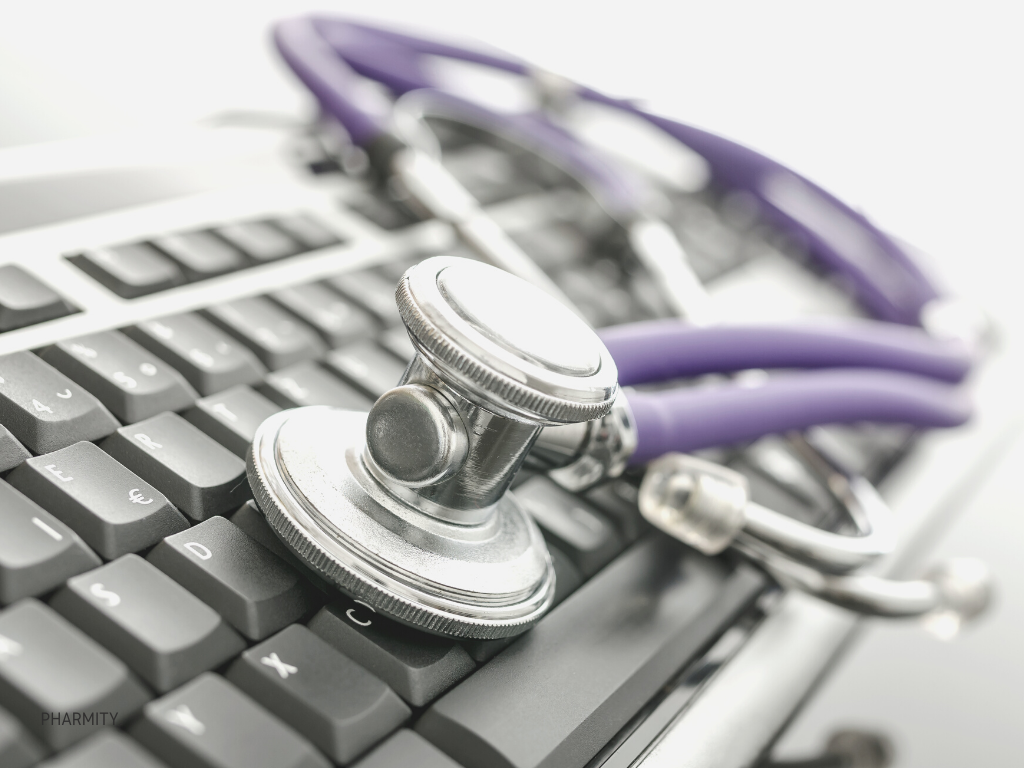Clinical Trials Challenges in relation to COVID-19
The COVID-19 dissemination is highly impacting the lives of all of us, personally and professionally and we still do not know how this situation will progress and when we could go back to normality.
Working on clinical research, we need to keep on working to safeguard first the safety and well-being of all those patients currently participating in a clinical trial, and to protect their rights.
The Regulatory Authorities need to be more proactive than never, be flexible and provide right directions in order to protect the patients.
Sponsor Oversight
The sponsors oversight activities such as monitoring, or GCP site audits, cannot be stopped but they need to be adapted. The MHRA highlighted in an interesting post published on the 12th March 2016, that alternative oversight mechanisms can be introduced to ensure ongoing subject safety and well-being, providing the following considerations are taken:
-
First to conduct a brief risk assessment and document the impact of the alternative approach.
-
Prioritize by those critical activities such as safety.
-
Remote monitoring can be considered given that it does not place an extra burden on trial sites.
-
Subjects must consent to any sharing of their personal information outside the trial site.
It is important to mention that not all the countries allow to access remotely the patients’ medical records and that the alternative plans should consider the country specific data privacy regulations. Even if it would be possible to access pseudonymized medical records remotely, it still will not be an easy task since robust procedures and information security controls should be in place to ensure the safety of the subjects’ records.
The MHRA pointed on their post “phone calls, video calls” as an alternative mechanism. Caution should be taken (as per the explanation above) if using a video call to avoid accessing details a monitor/auditor should not read or to restrict the possibility of capturing screenshots.
A risk assessment is definitely the right start, but it is further recommended to discuss the pros/cons of the alternative approach with the relevant Ethics Committee. Discuss with them how the site could be accessed remotely and whether the consent process needs to be amended.
Other Regulatory Authorities such AEMPS (Agencia Española de Medicamentos y Productos Sanitarios) in Spain have started giving some initial directions to the Pharmaceutical Industry regarding how to handle the clinical trials in response to the multiple queries recently raised to the Spanish Medicines Agency (Exceptional Measures Proposal for a maximum period of four months). The note has not yet been officially published but one of their proposed measures, for example, is the following one regarding monitoring visits:
“It is recommended to the sponsor updating the clinical trial monitoring plans for the next four months, prioritizing the centralized and remote monitoring of the participating sites which does not include source data verification. To the extent possible, the source data verification should be postponed until it is possible to access the medical records onsite. The sponsor will agree with the sites and participating teams the conditions surrounding those monitoring activities”.
Regulatory Authorities must provide clear instructions and expectations
Conclusion
The Regulatory Authorities perform an essential role in the quality of a trial. They need to establish the requirements and provide clear guidance, defining the minimal expectations on how to manage the clinical trials under the current situation. The main goal now is subject safety but without forgetting data integrity.
Given this, the amount of clarity that the RA provide will determine the ease that sponsors, and third parties, investigators, and trial participants have in understanding how to act with the less harm possible.
Author: Dr Leire Zúñiga, Director and Principal GCP Consultant
PHARMITY, 16th March 2020
www.pharmity.com


